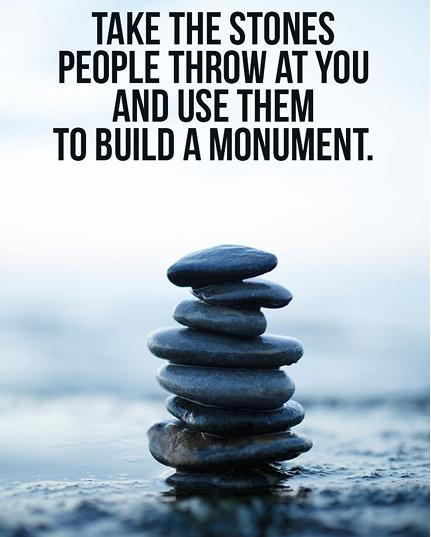Stuttering is more than a speech impairment; it’s a life experience. For many who stutter, each conversation can be a fight. Saying one’s name, calling for food, answering the telephone, these simple moments become great battlegrounds. But in that struggle, there’s something incredible: a path of strength, patience, and self-discovery.
I understand this not only through observation but through experience. Stuttering defined how I perceived myself and the world around me. However, as time passed, I realized it didn’t have to limit me. On the contrary, it could empower me.
Learning to Be Patient with Myself
Stuttering makes you slow down. Where others can talk freely and efficiently, we tend to hesitate, rephrase, or struggle with blocks. Initially, this used to be frustrating and even embarrassing. But over time, I learned to practice self-compassion. I realized that talking slowly did not render me less smart or less worthy; it just made me more deliberate.
This self-patience overflowed into other aspects of life. Whether it was relationships, my professional life, or everyday problems, I did not rush my progress. Growth does take time, and stuttering showed me that.
Building Confidence Through Repetition
Imagine having to mentally prepare yourself before uttering your own name. For most who stutter, it isn’t imagination, it’s reality. But each time I had to overcome that fear and talk anyway, I felt stronger. Even if I struggled with my words, the effort itself gave me strength.
It taught me that confidence is not about perfection. It is about showing up, in fear; it is about the next attempt, even if the last one was uncomfortable. This lesson has been essential, not only in communication, but in every situation throughout my personal and professional life.
Deep Empathy
Perhaps one of the greatest surprises of stuttering is the ability to empathize. Since I know how it feels to struggle with something so overt and so misconceived, I’ve become a more empathetic person. I don’t just hear people, I listen.
When the person is anxious, shy, or too overwhelmed, I do not push him/her. I don’t presume to know his/her history. I learned about unseen struggles from stuttering. And as much as I craved patience and compassion, I learned how to give the same in return.
Turning Stumbles into Stepping Stones
For many years, I viewed stuttering as only a setback. Something that hindered me. But time, reflection, and faith made me understand otherwise. I came to comprehend that stuttering didn’t define me; it perfected me.
Every speech obstacle was an opportunity to grow. Every failure taught me something new about resilience, faith, and worth. With time, what once made me feel weak became the very thing that made my voice stronger, not only in speech but in purpose.
Speaking with Purpose
Since I don’t speak easily, I’ve trained myself to talk intentionally. I carefully select my words. I concentrate on what’s most important. And when I do say, whether informally, in the workplace, or church ministry, my words come from a deeper part of me.
Stuttering taught me that your message matters more than how smoothly it’s delivered. People may remember the pauses in your sentences, but they’ll remember the passion behind your words even more.
Wrapping Up
Stuttering may be a challenge, but it’s also a teacher. It has taught me how to be patient, how to persevere, how to care more deeply, and how to communicate with meaning. More than anything, it’s shown me that growth doesn’t always come from ease; it often comes from struggle.
So, if you stutter, or you love someone who stutters, let this be known: there’s power in the struggle. You are not lesser because of your stutter. You are more, more compassionate, more powerful, and more resilient than you might think.
Your voice is essential. And your path is evidence that improvement can be found in even the most unlikely of places.


